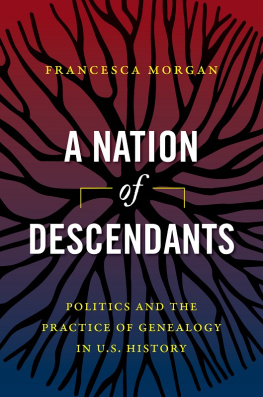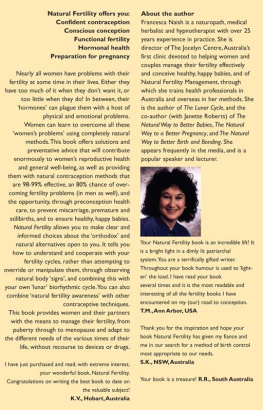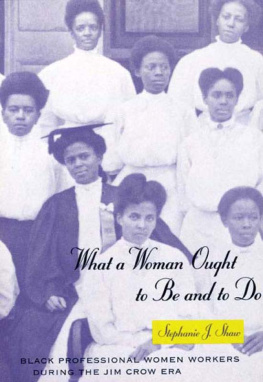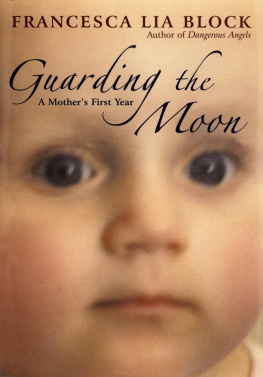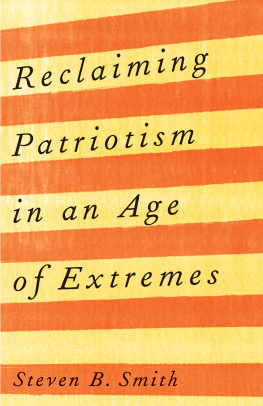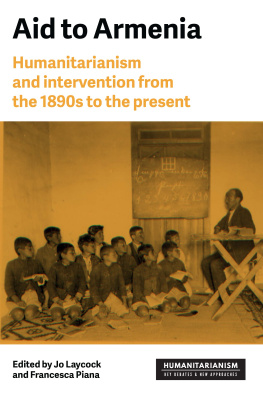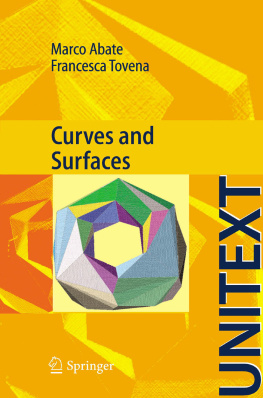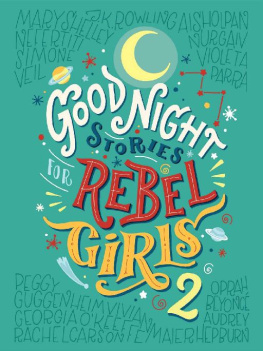2005 The University of North Carolina Press
All rights reserved
Manufactured in the United States of America
Designed by April Leidig-Higgins
Set in Ehrhardt by Copperline Book Services, Inc.
The paper in this book meets the guidelines for permanence and durability of the Committee on Production Guidelines for Book Longevity of the Council on Library Resources.
Library of Congress Cataloging-in-Publication Data
Morgan, Francesca.
Women and patriotism in Jim Crow America /
Francesca Morgan.
p. cm. (Gender and American culture)
Includes bibliographical references (p. ) and index.
ISBN 0-8078-2968-4 (cloth: alk. paper)
ISBN 0-8078-5630-4 (pbk.: alk. paper)
1. African American women Political activity
History. 2. Women, White United States
Political activity History. 3. Women United
States Societies and clubs History. 4. Women
in politics United States History. 5. Nationalism
United States History. 6. Patriotism United
States History. 7. Political culture United States
History. 8. United States Race relations
Political aspects History 19th century. 9. United
States Race relations Political aspects History
20th century. 10. United States Politics and
government 18651933. I. Title. II. Gender &
American culture.
E185.86.M585 2005
320.540820973 dc22 2005005930
cloth 09 08 07 06 05 5 4 3 2 1
paper 09 08 07 06 05 5 4 3 2 1
Illustrations
Poster advertising a loan exhibition and colonial tea by the Litchfield, Connecticut, Daughters of the American Revolution chapter, 1902
Womens War Relief Club, Syracuse, New York, ca. 1917
Marian Anderson, Lincoln Memorial Freedom Concert, Washington, D.C., April 9, 1939
Grant Wood, Daughters of Revolution, 1932
Acknowledgments
THIS BOOK RESULTS FROM the labor of many people in addition to myself. Thousands of long-ago volunteers committed their own thoughts and those of their colleagues to paper. Those thoughts constitute this books empirical basis. A host of my own friends, relations, colleagues, librarians, and archivists also ensured that, in the end, I wrote the book I wanted to write. Among this projects financial supporters are the University of North Texass Office of the Vice Provost for Research, which awarded me two Junior Faculty Summer Research Fellowships and two Faculty Research Grants; my family; and a Sesquicentennial Research Grant awarded by the State Historical Society of Iowa and the Iowa Department of Cultural Affairs. For much-needed space and library privileges, I would like to thank Sara Austin at the Newberry Library and the departmental associate program at Northwestern Universitys Department of History.
Allowing me access to their holdings and hefting innumerable dusty volumes in the process are the staffs at the Newberry Library, the New York Public Librarys Local History and Genealogy Room, the Boston Public Library, and Northwestern Universitys Periodicals and Newspapers Room. I also thank the archivists and staffs at the American Heritage Center, University of Wyoming; the Atlanta History Center Library/Archives; the Georgia Department of Archives and History in Atlanta; Howard Universitys Moorland-Spingarn Research Center; the Library of Congresss Manuscript Division; the Litchfield Historical Society in Litchfield, Connecticut; the Minnesota Historical Society in the Minnesota History Center, St. Paul; the Mississippi Department of Archives and History in Jackson; the National Archives and Records Administration facilities in Washington, D.C., College Park, and Suitland, Maryland; the Nebraska State Historical Societys Manuscript Division in Lincoln; the New York Public Librarys Manuscripts and Archives Section; the North Carolina Division of Archives and History in Raleigh; Radcliffe Institutes Arthur and Elizabeth Schlesinger Library on the History of Women in America; the Saratoga Springs Historical Museum in Saratoga Springs, New York; Stanford Universitys Special Collections; the State Historical Society of Iowas Library/Archives Bureau in Iowa City; the Swarthmore College Peace Collection; the University of Kentuckys Special Collections; the University of Michigans Bentley Library in Ann Arbor; the University of Mississippis Special Collections in Oxford; the University of Missouris and State Historical Society of Missouris Western Historical Manuscript Collection in Columbia; the Western Reserve Historical Society in Cleveland, Ohio; and the Womans Collection, Texas Womans University. Although the Daughters of the American Revolutions central archives at its headquarters in Washington, D.C., remain closed to researchers, I would like to thank Elva B. Crawford for supplying me with material that would otherwise have been difficult or impossible to obtain.
As for insights, a conversation at the very beginning of this project with Jane McCarl about American and Confederate flags proved extremely fruitful, as did a dinner with Pamela and John Mearsheimer toward the end of this project. Commentary delivered in the U.S. History Dissertation Seminar at Columbia University, notably by Eliza Byard, Cori Field, Mike Flamm, Walter Hickel, Anne Kornhauser, Rebecca McLennan, Michelle Morgan, Mae Ngai, and Thad Russell has continued to be of use many years later. Alan Brinkley, Rosalind Rosenberg, Jean Cohen, and Silvana Patriarca defended my dissertation, meaning that they saved it and me from various embarrassments. Guiding this project further upward were a work-in-progress group at the University of North Texas made up of Claire Sahlin, Diana York Blaine, and Diane Negra; Chris Morris, Stephanie Cole, Alison Parker, and others who convened as the Dallas Area Social Historians; and the University of North Texas History Departments faculty seminar. Furnishing extremely helpful comments and suggestions, and/or sharing items from their own research, were Maurice Barboza, David Cannadine, Linda Colley, Karen Cox, Ruth Crocker, Kirsten Delegard, Joy Kasson, Nancy MacLean, Stuart McConnell, Patrick Miller, Kim E. Nielsen, Peggy Pascoe, Denis Paz, Linda Perkins, Daryl Scott, Barbara Steinson, and Elizabeth Toon. Dear friends Alexis McCrossen, Prudence Cumberbatch, and Joan Johnson read and helped renovate the entire manuscript. I have been lucky also to have W. Fitzhugh Brundage and one who has remained anonymous read the manuscript for the University of North Carolina Press. Both put considerable time and thinking into the entire book. Both responded to each version with an admirable combination of speed and prolix, razor-sharp advice. I would also like to thank Charles Grench and Amanda McMillan at the University of North Carolina Press for steadfastly supporting this book and overseeing its completion, as well as Bethany Johnson for its copyediting.
For more than a decade, my graduate advisor Betsy Blackmar has furnished extraordinary levels of feedback. Long after I left Columbia and New York, she continued to encourage this project and its author from half a country away. Time after time, Betsy has seen patterns in my evidence that I initially did not, and she has pushed my thinking in directions that turned out to be the roads best taken. In her intellectual acuity and breadth of heart, she shines.


